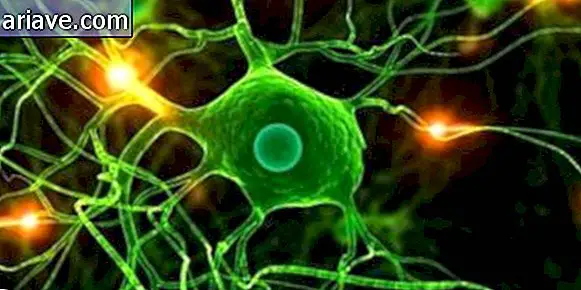Wild chimpanzees fall for alcohol, study finds
Wild chimpanzees do not despise alcohol. And when locals near their habitat make palm wine, they don't hesitate to enjoy it, using chewed leaves that act like a sponge, a study said on Wednesday.
The great African apes and humans share a genetic mutation that enables them to metabolize alcohol effectively, according to research published in the Royal Society Open Science. It was also known that chimpanzees, being frugivores, can be led to eat rotten fruits that fall to the ground, whose fermentation produces ethanol (alcohol).
But this is the first time that research has highlighted the voluntary, repeated and prolonged consumption of ethanol by wild chimpanzees living in the Bossou community in Guinea (West Africa), according to the 1995/2012 study. "This reinforces the idea that the last common ancestor of today's great African apes and modern humans had no aversion to eating ethanol-containing foods, " notes the study conducted by Kimberley Hockings of Oxford Brookes University (UK).
In Bossou, residents have a habit of collecting raffia sweet sap, a type of palm tree, using the technique of drilling and attaching a container to the tree. This plastic collector is covered with leaves to protect the rapidly fermenting liquid from ethanol. Fermented sap, used to make palm wine, is harvested twice a day by the villagers. To access nectar, chimpanzees ('Pan troglodytes') use the leaves as they usually do to ingest liquid. They chew to produce a kind of sponge. Then dip the tool in the liquid before placing it in your mouth.
Over a 17-year period, the researchers observed 51 situations in which chimpanzees absorbed alcoholic sap. Sometimes the monkeys would repeat the gesture more than 20 times. Thirteen young and adult monkeys, male and female, sipped the liquid from the total of 26 from the community (pups excluded). Children under three were not observed because they do not know how to make the tool.
"Bossou chimpanzees often drink in large quantities despite an alcohol content ranging from 3.1% to 6.9%, " the equivalent of one beer, the study said. Some "showed signs of drunkenness." "Researchers rarely collect data on monkey behavior after ethanol exposure, but some drinkers rested shortly after drinking, " the study said. Palm sap is full of vitamins and minerals. It is a rich source of energy, thanks to its sugar content, which makes it taste pleasant despite ethanol.
Paris, France
Via InSummary.











